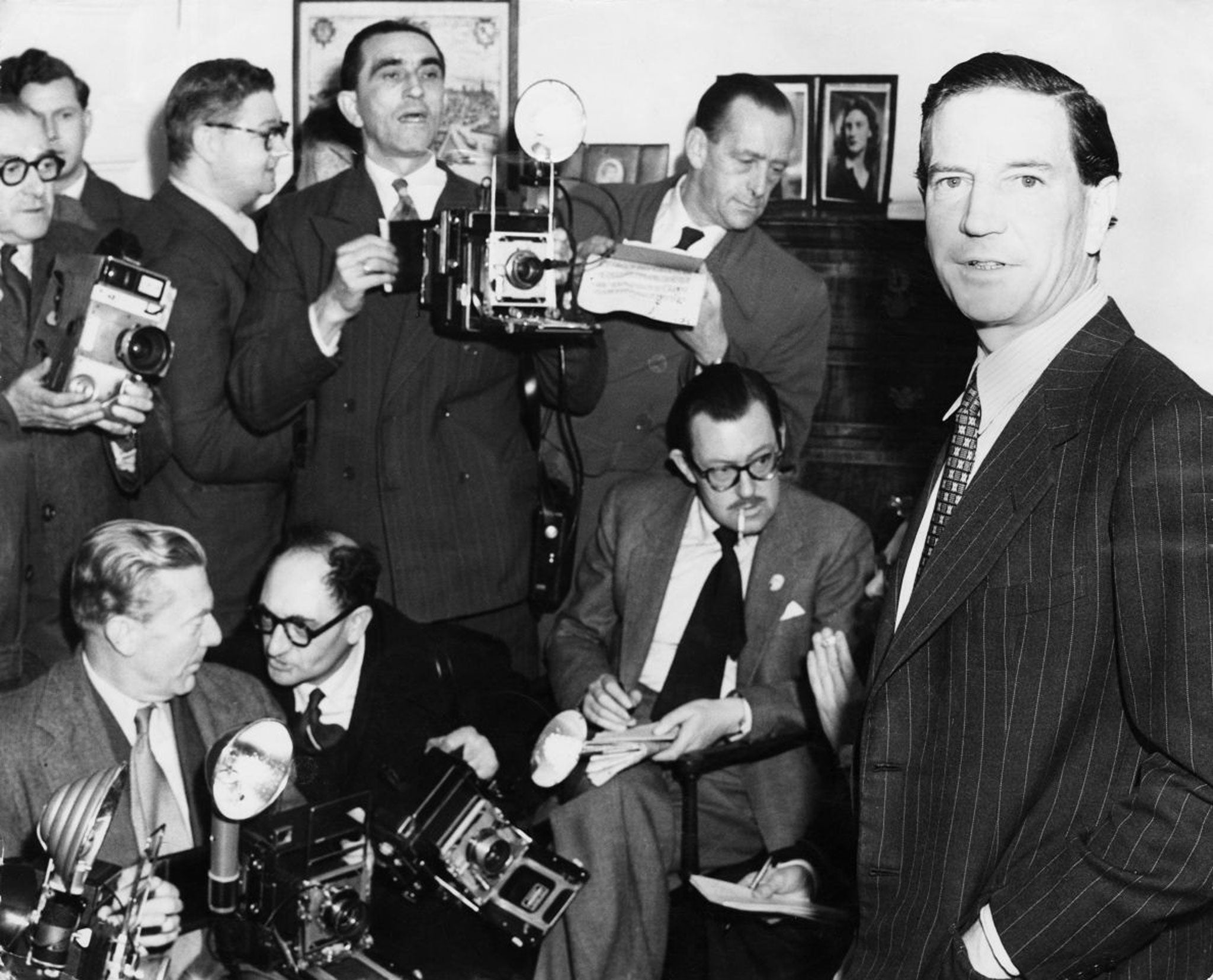A Spy Among Friends by Ben Macintyre; Kim Philby: The Unknown Story of the KGB's Master Spy by Tim Milne, book reviews

'The history of espionage offers few, if any, comparable master strokes’ than Kim Philby wrangling his way to a post ‘in charge of Britain’s anti-Soviet operations’. As Macintyre deftly points out: ‘The fox was not merely guarding the hen house, but building it [and] running it.'
A Spy Among Friends is not just about Philby. It is also about secrets, booze and privilege – the superglues that bind together the British ruling class in a cocoon of immunity. If you are one of them, how do you get sacked! In May, 1950, Donald Maclean (still un-outed as a Sov spy) trashed the Cairo flat of two female secretaries from the US embassy. As well as smashing the bath, he ‘ripped up their underwear’. After a spell of psychiatric treatment, Maclean was ‘promoted to head the American desk at the Foreign Office’. As Macintyre wryly observes: ‘Even drunken, unhinged knicker-shredding, it seemed, was no bar to advancement in the British diplomatic service if one was the “right sort”’. What then if you’re proved to be a KGB agent? Well, Kim Philby did have to resign, but it was only temporary.
Ben Macintyre is once again entertaining, even if he offers no new revelations as the files of MI6, CIA and KGB remain firmly closed. Instead, Macintyre tries to unravel Philby through ‘the prism of personal friendship’. On one level, Kim Philby was the ultimate charmer: ‘a faithless husband, but a kind lover, a good friend, a gentle father... He had a talent for tenderness.’ But others saw a “calculating ambition”, a ruthless “single-mindedness”’.
There is perhaps some mitigation for those who spied for Moscow between 1941 and 1945. The Soviet Union may have been monstrous, but it also defeated Nazi Germany at the cost of nine million soldiers and seventeen million civilians. It is unlikely that any Western democracy could have endured such loses. But Philby’s ideological commitment was unquestioning throughout the darkest days of Stalinism both before and after the war. Five of his Soviet controllers were killed by Stalin’s paranoia. And yet, Philby ‘offered no criticism of the tyranny that killed them.’ He did wobble over the Molotov-Ribbentrop Pact, the cynical alliance between Stalin and Hitler, but that wobble was short-lived.
This book comes with a wealth of photos. And none are more heart-rending than those of Aileen Philby. Her self-harming and alcoholism exacerbated by her husband’s lies, the pain is etched on her face. The photos of Philby are not as revealing. At a press conference, the spy has just denied being the ‘third man.’ There is also a Youtube version of the same snap. Look closely to see Philby’s cheek bulge under pressure from his tongue. He loved the game.
Westminster School, 1925: ‘A very small boy is happily trying to squash a bigger boy behind a cupboard door.’ Tim Milne’s earliest memory of Kim Philby presages an adult with an ‘engaging irreverence towards established authority’.
Milne was Philby’s oldest friend. During university holidays, they rattled around Europe on Kim’s motorbike and saw firsthand the rise of the Nazis. Milne later followed Philby into the intelligence service. For a time he lodged amid the domestic chaos of the Philbys: ‘I could not get into my bed except by climbing over a bicycle, a sewing machine and a pram.’
Milne’s account of Philby is full of delightful trivia – Kim was an Arsenal supporter; he came back from the Spanish Civil War overweight – but there is personal insight too. ‘How,’ asks Milne, ‘did it happen that this man of strong loyalties, especially personal ones, was prepared to put one alien abstract loyalty above all others?’ The answer lies in Philby’s mind, not his heart. He was ‘intellectually convinced’. Philby believed, unlike ‘the Western communist intelligentsia’ who deserted Moscow in droves over Stalin and Hungary, that ‘the principals of the Revolution would outlive the aberrations of individuals, however enormous.’
Join our commenting forum
Join thought-provoking conversations, follow other Independent readers and see their replies
Comments
Bookmark popover
Removed from bookmarks